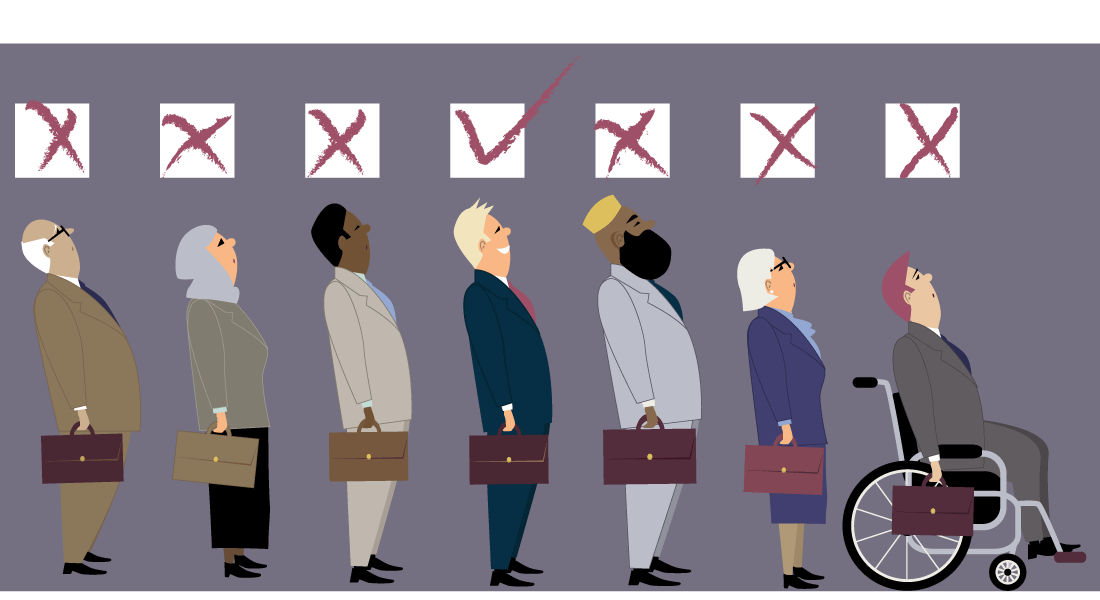Imagine signing up for a new credit card, starting a new job, or signing up for a streaming service trial, only to find out later that you unwittingly waived your right to take disputes to court. This scenario isn’t just hypothetical; it’s a reality for many due to the widespread use of forced arbitration clauses. While these clauses are often buried in contracts, their impact is significant, influencing both consumers and employees in profound ways. This article explores what forced arbitration clauses are, how they affect individuals, and what actions can be taken to address them.
Understanding Forced Arbitration Clauses
Federal Arbitration Act
On February 12, 1925, President Calvin Coolidge put his signature on the Federal Arbitration Act, giving a nod to private dispute resolution as the cool alternative to courtroom drama. Think of it as arbitration: where the gavel gets a vacation, and the arbiter’s decisions pack a punch—only with a sprinkle of judicial review on the side!
What Are Forced Arbitration Clauses?
“Forced arbitration clauses are a quiet way to strip consumers and employees of their rights.” U.S. Senator Elizabeth Warren
Forced arbitration clauses are provisions in contracts that require disputes to be resolved through arbitration rather than in court. These clauses are common in various agreements, from consumer contracts to employment contracts. Consumers often aren’t aware they’ve agreed to arbitration because these clauses are usually hidden in the fine print.
Why Are They Common?
Businesses favor arbitration because it generally favors their interests. Arbitration can be less costly and quicker than court litigation, allowing companies to avoid lengthy legal battles. Additionally, arbitration results are often confidential, preventing public scrutiny. Elizabeth Warren has criticized this practice, saying, “Forced arbitration clauses are a quiet way to strip consumers and employees of their rights.”
The Prevalence of Arbitration Clauses
The rise of arbitration clauses is a concerning trend that has surged recently. A revealing study by the U.C. Davis Law Review indicates that 81 of the 100 largest U.S. companies now rely on arbitration when dealing with consumers. The Economic Policy Institute reports that mandatory arbitration agreements bind more than 60 million American workers. This escalation raises critical questions about their fairness and legality, as critics warn that such clauses erode the judicial system and compromise consumer rights. A recent article in the New York Times, titled “It Shouldn’t Be This Easy to Sign Away Your Right to a Trial,” highlights the urgency of this issue.
The Impact on Consumers
Limiting Legal Recourse
For consumers, forced arbitration means giving up the right to sue in court. This limitation can be problematic when dealing with defective products or unfair charges. Arbitration typically favors corporations, making it challenging for consumers to win cases against large companies. Gregory D. Helmer of Helmer Friedman LLP, commenting on a recent California Supreme Court victory, said, “When an individual is forced to arbitrate, they are giving up their fundamental constitutional right to a jury trial. As with all constitutional rights, we should analyze any waiver with an extremely high level of scrutiny.”
The Financial Burden
Arbitration is often portrayed as a cost-effective alternative to litigation, but this isn’t always the case for consumers. The costs can escalate quickly, and since the arbitrator’s decision is final, there are limited avenues for appeal. As highlighted by various consumer advocacy groups, this scenario puts consumers at a disadvantage.
Confidentiality Concerns
Unlike courtroom proceedings, arbitration lacks transparency. The outcomes are private, which means repeat offenders can continue bad practices without public accountability. This lack of transparency is a significant concern for consumer rights advocates.
The Impact on Employees
Employment Contracts and Rights
In the workplace, forced arbitration clauses are embedded in employment contracts. Employees often have no choice but to agree if they want the job. These clauses can restrict workers’ rights, making it difficult to challenge issues like discrimination or wrongful termination.
Disparate Impact
Arbitration can perpetuate systemic biases, particularly against marginalized groups. Employees facing discrimination may find it difficult to prove their case in arbitration, where the rules of evidence are less strict than in court. Many labor advocates argue that this issue underscores the need for reform.
The Silence Effect
The confidentiality associated with arbitration proceedings means that systemic issues within companies often remain unreported. Employees cannot discuss their cases publicly, which hinders broader awareness and prevents meaningful change. This “silence effect” is a significant drawback of the current arbitration system. Arbitration typically occurs behind closed doors, and the outcomes are rarely disclosed, allowing serious problems to stay hidden.
A notable example of this occurred with Wells Fargo, which, between 2009 and 2016, opened approximately 3.5 million unauthorized bank and credit card accounts in the names of actual customers. Starting in 2013, customers attempted to hold Wells Fargo accountable through lawsuits but were constrained by arbitration clauses buried in the bank’s fine print. This forced them into confidential settlements, resulting in these unethical practices going unnoticed until investigative reports emerged. This led to a government inquiry and eventually a substantial financial settlement for those affected. The situation raises critical questions about transparency and accountability in corporate practices.
The Legality of Forced Arbitration
Recent Court Decisions
The legality of forced arbitration clauses has been a contentious issue. Recent court decisions have upheld these clauses, emphasizing the binding nature of the agreements. However, courts have also ruled against employers when arbitration agreements were deemed unfair or improperly disclosed.
Enforceability Challenges
While arbitration is generally enforceable, challenges arise when agreements are vague or deceptive. Courts have occasionally ruled against enforceability, especially when consumers or employees lack informed consent. These decisions highlight the importance of transparency and fairness in arbitration agreements.
Regulatory Efforts
Regulatory bodies have attempted to address the imbalance created by mandatory arbitration. Efforts include proposals to ban certain types of arbitration clauses or to increase transparency. While progress has been slow, continued advocacy and legislative interest suggest possible changes on the horizon.
Strategies for Consumers and Employees
Reading the Fine Print
Awareness is the first step in navigating arbitration clauses. Consumers and employees should carefully read contracts before signing, looking for any mention of arbitration. Understanding what you’re agreeing to is crucial in protecting your rights.
“When an individual is forced to arbitrate, they are giving up their fundamental constitutional right to a jury trial. As with all constitutional rights, we should analyze any waiver with an extremely high level of scrutiny.” Greg Helmer Helmer Friedman LLP
Challenging Unfair Clauses
When faced with an unfair arbitration clause, individuals can contest its validity. Legal assistance can help determine whether the clause is enforceable or if it violates consumer protection laws. In some cases, public pressure or negative publicity can lead companies to abandon unfair practices.
Advocacy and Support
Joining consumer advocacy groups or unions can provide additional support and resources. These organizations often work to educate the public on arbitration issues and advocate for policy changes to protect rights. Collective action is a powerful tool for effecting change.
The Future of Arbitration
Potential Legislative Changes
The future of arbitration may see significant changes as lawmakers consider reforms. Proposed legislation aims to restrict the use of forced arbitration, particularly in sensitive areas like employment and consumer rights. These efforts reflect growing concerns about fairness and access to justice.
Implications for Consumer and Worker Rights
If successful, legislative changes could enhance protections for consumers and workers, ensuring fairer dispute resolution processes. Such reforms could lead to a more balanced approach between arbitration and traditional litigation, preserving individual rights.
The Role of Public Opinion
Public opinion plays a crucial role in shaping the future of arbitration. Increased awareness and advocacy can drive change, encouraging companies to adopt voluntary and fair arbitration practices. In one notable case, a woman died from an allergic reaction after eating at a restaurant in a Walt Disney Parks and Resorts location. The company claimed that her widower had waived his right to sue when he signed up for Disney+ years earlier. However, following public backlash, Disney reversed its stance in August and agreed to take the case to trial. This incident highlights the significant power that consumers and employees have to influence corporate behavior.
Conclusion
Forced arbitration clauses present significant challenges for consumers and employees, impacting their rights and access to fair dispute resolution. Understanding these clauses and advocating for change is essential for protecting individual freedoms. By staying informed and engaged, individuals can contribute to a more equitable system that respects consumer and worker rights. Numerous resources, advocacy groups and experienced attorneys are available to support those seeking further information.










